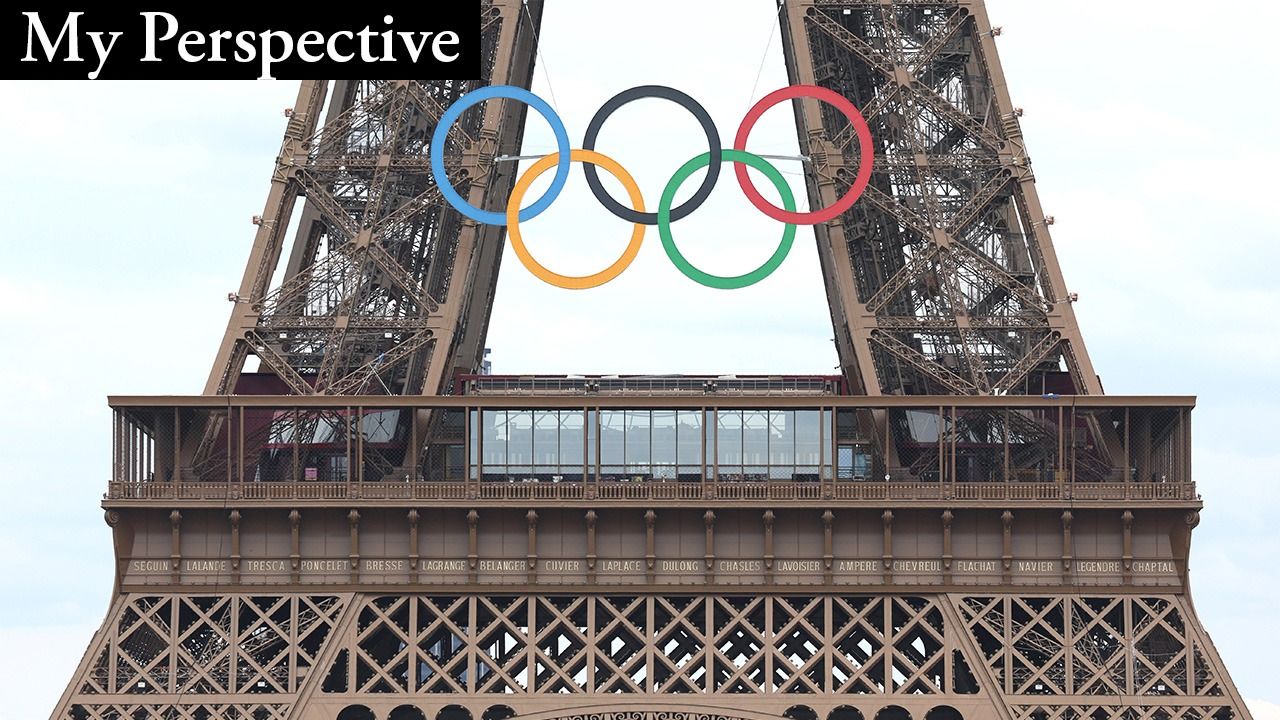
Athletic Events or Entertainment? Thoughts on the Olympics and Paralympics
Sports Society- English
- 日本語
- 简体字
- 繁體字
- Français
- Español
- العربية
- Русский
Theatricality in Paris
The 2024 Summer Olympic Games, which begin in Paris on July 26, promise to be considerably different from the last competition held in Tokyo in 2021, which was postponed for a full year due to the ongoing COVID-19 pandemic.
Tokyo 2020 had no extravagant opening ceremony and was held without spectators. As a result, though, one could say that it was an athlete-centered event, with all attention on the competition. Paris 2024, by comparison, is slated to be an extravaganza, with the opening ceremony taking place atop boats floating on the Seine and sporting events happening at some of the city’s most recognizable landmarks—beach volleyball below the Eiffel Tower, archery at les Invalides, and breaking, a new event this time, at the Place de la Concorde. All in all, Paris promises to be a gathering focused on the spectators, including those watching on screens from home around the world.
In this sense, the Paris Olympics are emblematic of the trend seen in Olympic gatherings in recent years, and indeed in sports events in general. Sporting events are increasingly presented as pure entertainment, almost theatrical in nature. Baseball games come complete with cheerleaders and yuru kyara characters to entertain onlookers, who themselves are hoisting banners in the stands. Fans attending soccer matches are decked out in their favorite team’s uniforms, waving flags and often painting their faces with team logos. Sports arenas thus become massive theaters of a sort, casting the audiences as part of the main event.
Nationalism and Other Negative Trends
Today the Olympic Games, just like all other major sporting events, provide a stage for star athletes to perform. Behind the scenes, though, we see other trends: the stress placed on athletic talent, raw commercialism, and an all-consuming focus on the medal count. To an extent, these trends have served to elevate the glory associated with the Olympics and other sporting events, but at the same time, they have exposed numerous contradictions and serious issues at the heart of the athletic endeavor.
To name one of these issues, we have the excessive focus on athletic performance that has led many competitors to seek pharmaceutical methods to gain an edge. In events that use sporting gear, meanwhile, we see furious efforts to scientifically analyze the tools and how they are used, eking out every possible improvement to boost performance in areas other than the physical and mental capabilities of the athletes themselves. In some ways it seems as if we are turning these competitors into “robots” judged on the merits of the drugs they take and the advanced gear they use.
The focus on the medal count, needless to say, sparks nationalism as countries vie for higher numbers than their peers; in many events, the victory podiums are increasingly occupied by smaller sets of powerful sporting countries, if not single powerhouses.
In more and more countries, meanwhile, the athletes are increasingly professional competitors, whether through membership on pro teams or thanks to corporate sponsors. Combined with the problems associated with corporate sponsorship of the Olympics themselves, we find ourselves confronting the question of what it means for companies to support the athletic process.
Time for a Rethink?
These trends impacting the Olympic Games have also begun to infect the Paralympics. Originally positioned as a way to deepen social participation of people with disabilities, or to enhance the general public’s understanding of them, these games are now recognized and celebrated more as a pure sporting event. One upshot of this is a growing gap between the actions on the playing field and the actual lives of the disabled in society—paradoxically, a gap produced by the very success of the Paralympic movement.
Domestically, similar developments can be seen in the annual Japan Games (formerly the National Sports Festival). We see increasing burdens placed on the prefecture tapped to host the events, while prefectural athletic squads engage in an ever-fiercer pursuit of victory. The end result is that the games themselves grow more and more distant from the citizens meant to be their focus.
This summer’s Paris Games offer an ideal opportunity to rethink the nature of the Olympic and Paralympic movements—and, indeed, to reconsider ideal ways to approach all major sporting events. My hope is for a broadly inclusive discussion that reevaluates their fundamental purpose.
(Originally published in Japanese. Banner photo: The Olympic rings on display at the Eiffel Tower in Paris on Bastille Day, July 14, 2024. © Jiji.)
Related Tags
sports Olympics Paralympics 2024 Paris Olympics and Paralympics
